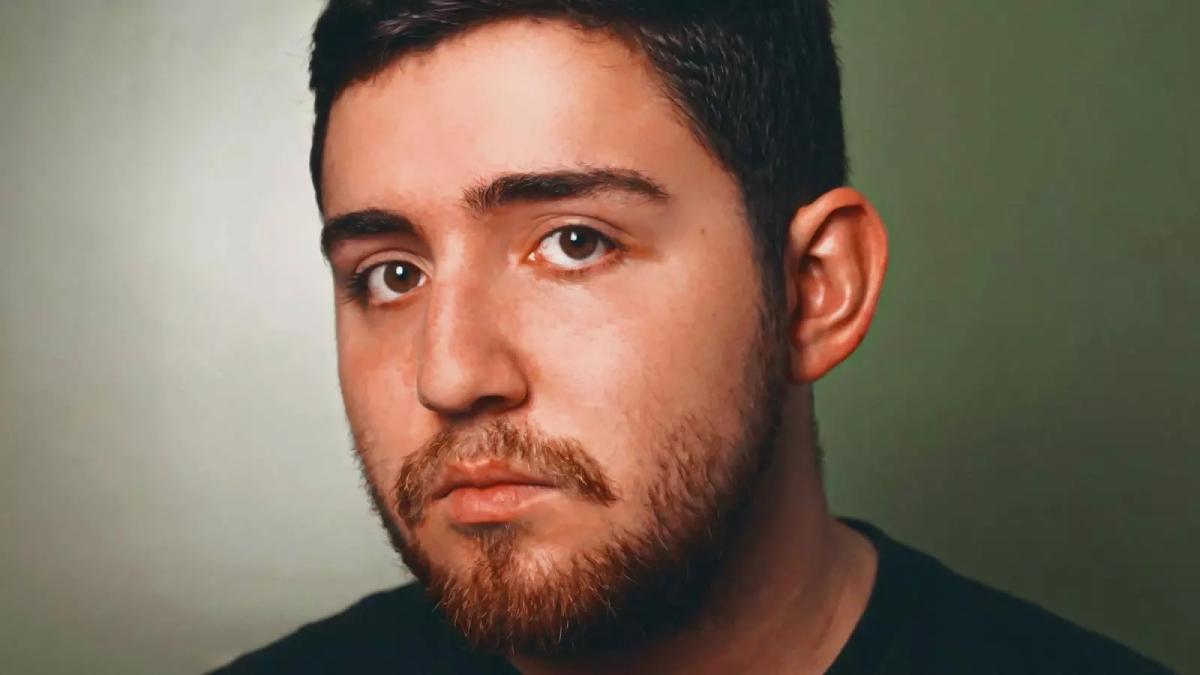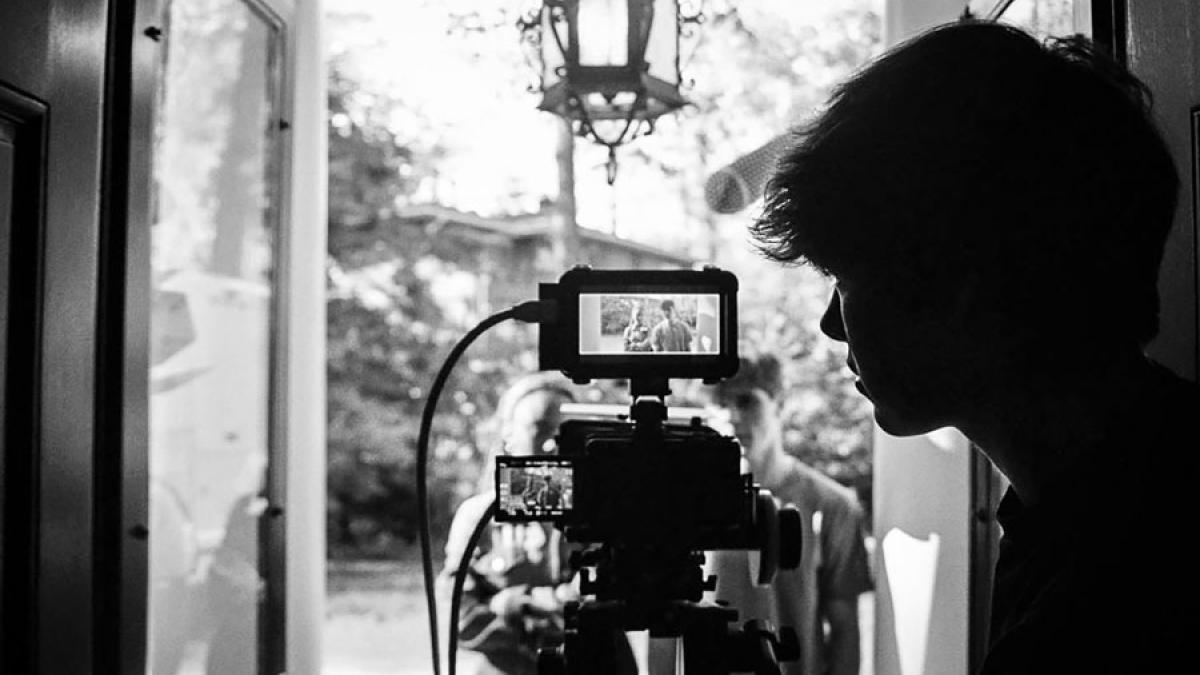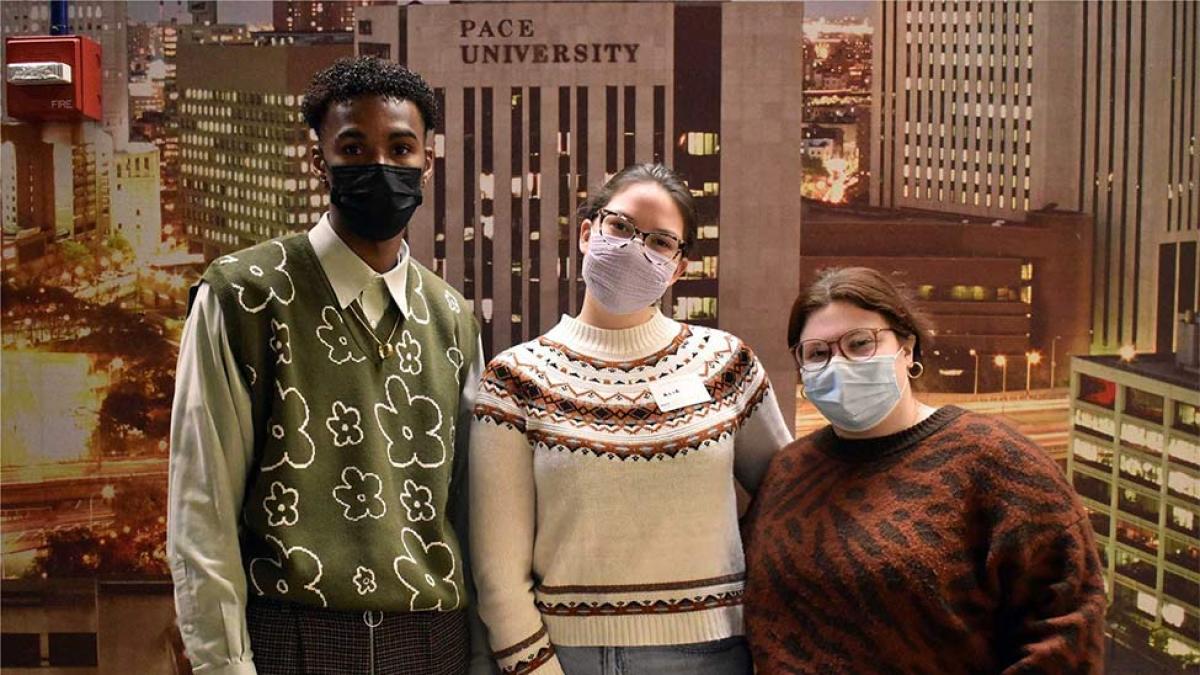
One Marine’s Mental Health Mission

“I felt I was becoming someone that I didn’t want to be, and I wanted to be more independent.”
By his junior year of high school, Nicholas Lotto ’25 decided to join the less the one percent of Americans serving in the military. By his senior year, he decided on an even more unique position and enlisted as a Marine. “At that point, I had something to prove to myself and to the people that were doubting me, so I chose the toughest branch,” he says.

Now, Nicholas is in his second semester at Pace, majoring in accounting. He knew he wanted to go into business, and many of the connections he had made in the military were in accounting. He had jobs lined up, he just needed the qualifications. As he began to transition out of active duty and began researching colleges, Pace quickly became a standout.
“Pace University has an unlimited Yellow Ribbon program,” Nicholas explains. “Which means whatever our benefits through the GI Bill doesn’t cover, Pace covers the rest. Pace has a phenomenal veteran program.”
“At that point, I had something to prove to myself and to the people that were doubting me."
Accounting is a bit different from what Nicholas did in the Marine Corps, where he worked as an aviation operation specialist on one of the busiest airfields in the country, located in Yuma, Arizona. “I was in communication with the air traffic control tower and base command, wrote up flight plans for training aircraft, and basically managed the entire ground operations on the airfield,” he explains.
But when Nicholas wasn’t maneuvering a busy airfield, he was cautiously maneuvering the tricky minefield of improving the mental health of his fellow Marines, which was further exacerbated by a psychologically-taxing global pandemic.
Nicholas became involved with the Single Marine Program which is geared towards suicide prevention among Marines. “We work on getting Marines out of the barracks and to events to meet each other, to increase comradery and morale,” he says. “We also wanted to have an active presence in the community and that involved a lot of volunteer events. In addition to my actual job, I was responsible for the quality of life for about 1,600 marines through the Single Marine Program.”
“I’m happy to say I definitely made a difference in the Marine Corps when it came to mental health."
Nicholas was soon fully dedicated to improving the mental health of fellow Marines. Though his job on the airfield took up to 50 hours of work a week, his other billets (or roles), including his work with the Single Marine Program, easily extended his workload up to 100 hours.
“I’m happy to say I definitely made a difference in the Marine Corps when it came to mental health,” he says. “Analyzing it, being aware of it, how to deal with it. That’s something I was very focused on because it’s prevalent in the military. If you ask any other veteran, I guarantee you they know someone who lost their life to suicide.”
When he came to Pace, Nicholas immediately filled up his schedule and threw himself into his studies and soon took up a new billet—president of the Pace University Chapter of the Student Veterans of America. He now represents around 300 veterans and dependents across all three Pace campuses and is finding that the new mission is still the old mission—improving the mental health of veterans.
The first step is getting the veteran community on campus connected. According to Nicholas, “We want to restructure the entire program to make it easier for us all to communicate. My main focus, by the end of this year, is connecting each veteran and dependent through some form of communication.” Just this semester they launched a Discord server that has already brought new faces into the Veteran’s Center.
“At the end of the day I see us as one Pace, one community."
But just like in the Single Marine Program, Nicholas wants an active presence in the community at large, knowing the importance of connecting veterans to their wider community. “We lose 22 veterans a day to suicide,” Nicholas explains. “My mission carried over from the military into veteran-civilian life because I want to make sure the veteran community is well taken care of, and a lot of times they can be neglected because of their service or how people view them.”
Nicholas does not just want to open the lines of communication between veterans, but also with the entire Pace Community. Nicholas says, “There are a lot of people who have a bad perception of the military, and we want to change their minds. We’re not just here to help our fellow veterans, we want to help our fellow students.”
Though Nicholas is now a student, it seems once a Marine, always a Marine, and those ideals of dedication and service to his community persist. He says, “At the end of the day I see us as one Pace, one community. I want to do everything in my power to make sure everybody is taken care of. That’s my biggest goal here and that’s what I plan on doing for the next couple years.”
If you want to learn more about the Student Veterans of America chapter at Pace, email Nicholas at svanyc@pace.edu or join their Discord server. For information on Veteran’s services at Pace, visit the Veteran’s Office website.
Veteran Appreciation Week is November 7–11, 2022
Pace University salutes you for your bravery and service—on Veterans Day and every day. We recognize the commitment you have demonstrated to our country and are firmly committed to assisting you in advancing your career through higher education.
More from Pace
Through the Provost’s Summer Student-Faculty research program, Julian Clark ’25 delved deep into the multifaceted interplay between film-making and religious studies.
Mandi Karpo ’23, editor-in-chief of The Pace Press, recounts the extraordinary opportunity to attend the recent New York gubernatorial debate as the only student journalist in attendance.
For over four decades, Dyson’s Society of Fellows has nurtured outstanding interdisciplinary scholarship and continues to foster strong relationships amongst students, faculty, and alumni.


